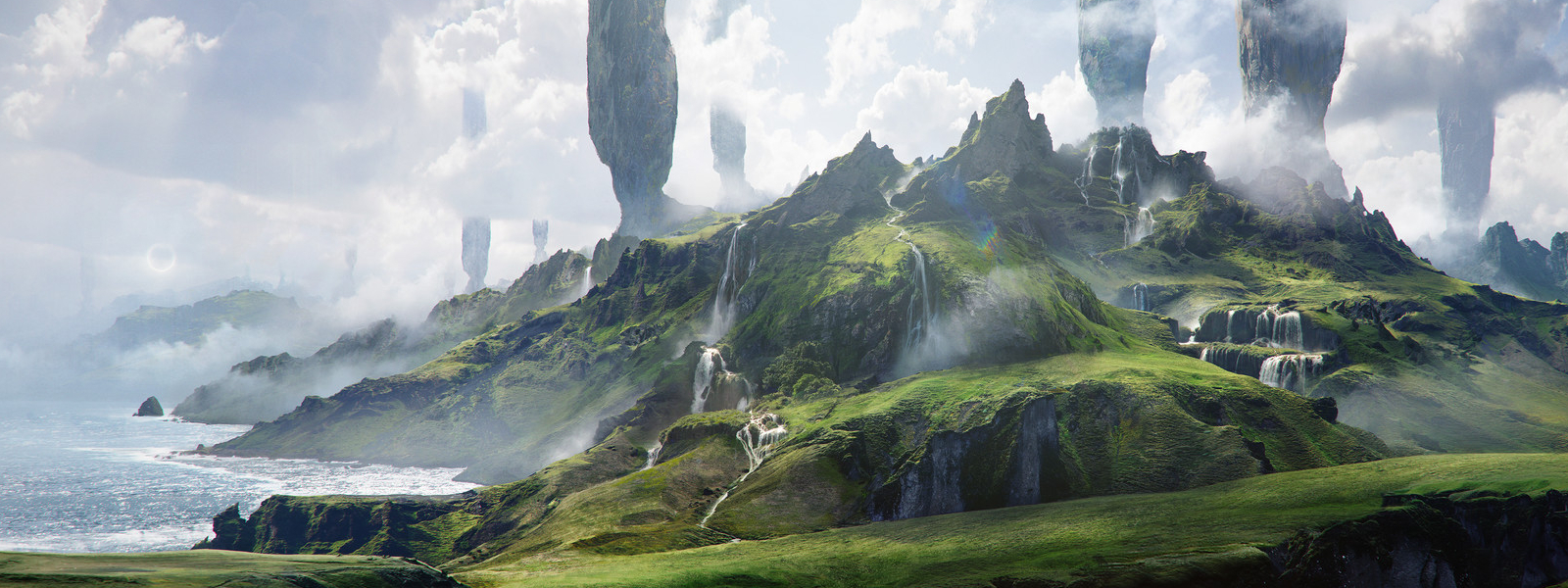Sokolan
<Soh-koh-lan>
Sokolans are a people descended from members of the fallen Sokolan Empire. While most surviving halfling Sokolans resettled in Wejnazeer among other halflings, human Sokolans still gather in smaller groups around the continent.
Without the same ubiquity it formerly possessed, fewer individuals are easily recognized as Sokolan in the day to day. At its peak, a few features exemplified the Sokolan appearance. Skin tones tended towards olive and tan, with paler skin occurring more rarely and paired with lighter shades of hair. Most Sokolans have dark brown or black hair, typically worn long and braided, and red hair is considered particularly notable.
Naming Traditions
Feminine names
- Lucette Amarante
- Pénélope Hadrien
- Félicité Lorette
- Céleste Séraphin
- Octavia Sandra
Masculine names
- Léontine Corentin
- Cyprien Hyacinthe
- Jean Ludivine
- Samson Edgard
- Rémy Lucie
Other names
Tourneur - Old royal family, long since faded from history
Ghislane The most recent royal family that ruled Sokol. They died out during the creation of The Ash, but there are rumors of long lost heirs.
Sokolan names are inspired by a mix of French and German names. Generate more here.
Culture
Major language groups and dialects
The modern day Sokolan people primarily speak the Stross-dialect of Dwarvish in their day to day. More educated Sokolans may also speak Sokolan, though it has begun fading from use with the fall of the Sokolan empire.
Culture and cultural heritage
A displaced people living wherever they can find comfort, Sokolans are a forgiving people. Family is held above all else, and generally welcomed back no matter what has happened between them.
Sayings & Cultural Touchstones
House Ghislane - House Ghislane, the ruling noble family at the time of the cataclysm, is viewed with pity and occasionally used as a simple scapegoat for the cataclysm. With no one to disprove that they knew something was coming and did not act accordingly, most discussions about them tend to fall flat. "She was spending time with her friend Lecina.", "I hear he's a friend of the Torneurs." - Light hearted euphemism for those in same-sex relationships, especially in regards to women. Well regarded Sokolan queen Lecina Torneur was known to court people of all genders quite openly.Common Dress code
Most Sokolans adopt the common dress of whatever community they find themselves in, but during festivals and special occasions often wear the light, flowing green and gold clothes that were popular in the Sokolan empire. Skirts, robes, and kilts are all popular, and make for excellent traveling clothes across hilly grasslands reminiscent of Sokol.
Common Taboos
Leaving your community is looked down on as fracturing the remains of a once great people, and similarly having a childless family is seen as not doing your people justice.
Sokolans have few expectations of ever becoming an empire again, but remembering their history is crucially important to them.
Caravans
After the cataclysm, many of the survivors banded together and settled into Strossenberg, and slowly integrated with the Stross. Unwilling to abandon their culture and heritage, some Sokolans instead gathered in caravans that roamed the land, traveling from city to city with no real home. With no home to call their own, they would never again watch it turn to ash. Today, Sokolan caravans can be found across the world. Most travel between the countries of Southern Aisoa, west of the deserts of Holter that were too difficult to cross. Before the cataclysm, Sokolan settlers in the vast wilderness of the north were left adrift with no support from their former home. They traveled east towards civilization - Bocrae, Lenif, and Wejnazeer. From there, they have traveled far over the generations, reaching as far as Iccot and South Usmina. Even moreso than in Strossenberg, the Sokolan culture is alive in these caravans, and remain the primary speakers of the Sokolan language.
Parent ethnicities
Encompassed species
Related Organizations
Languages spoken
Related Locations


